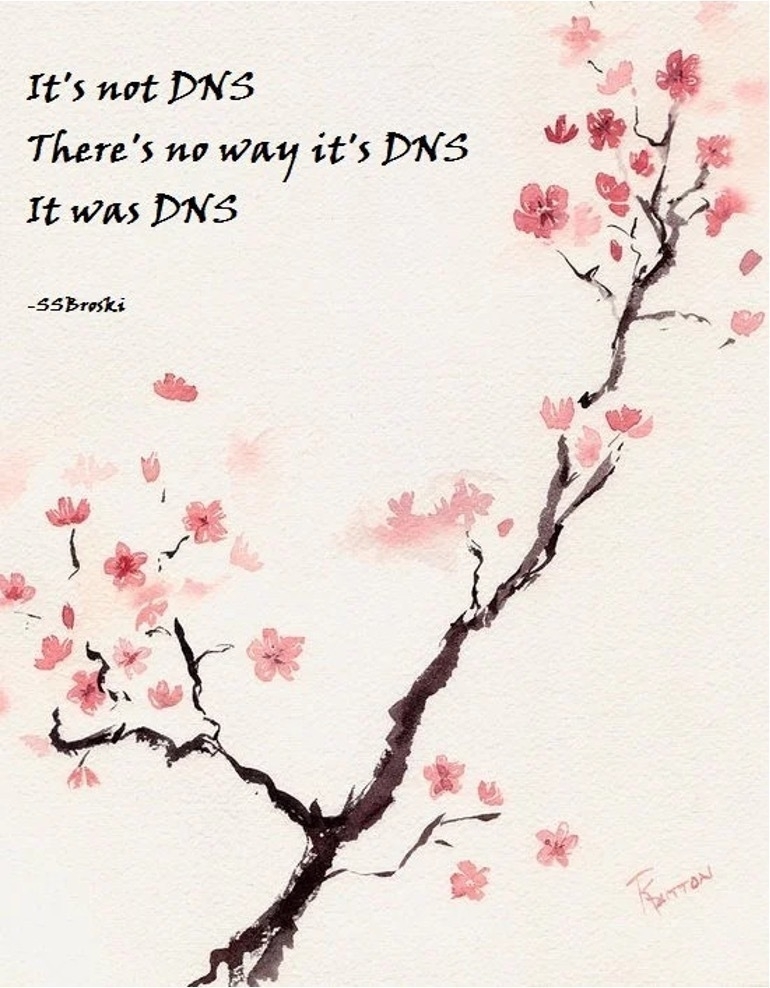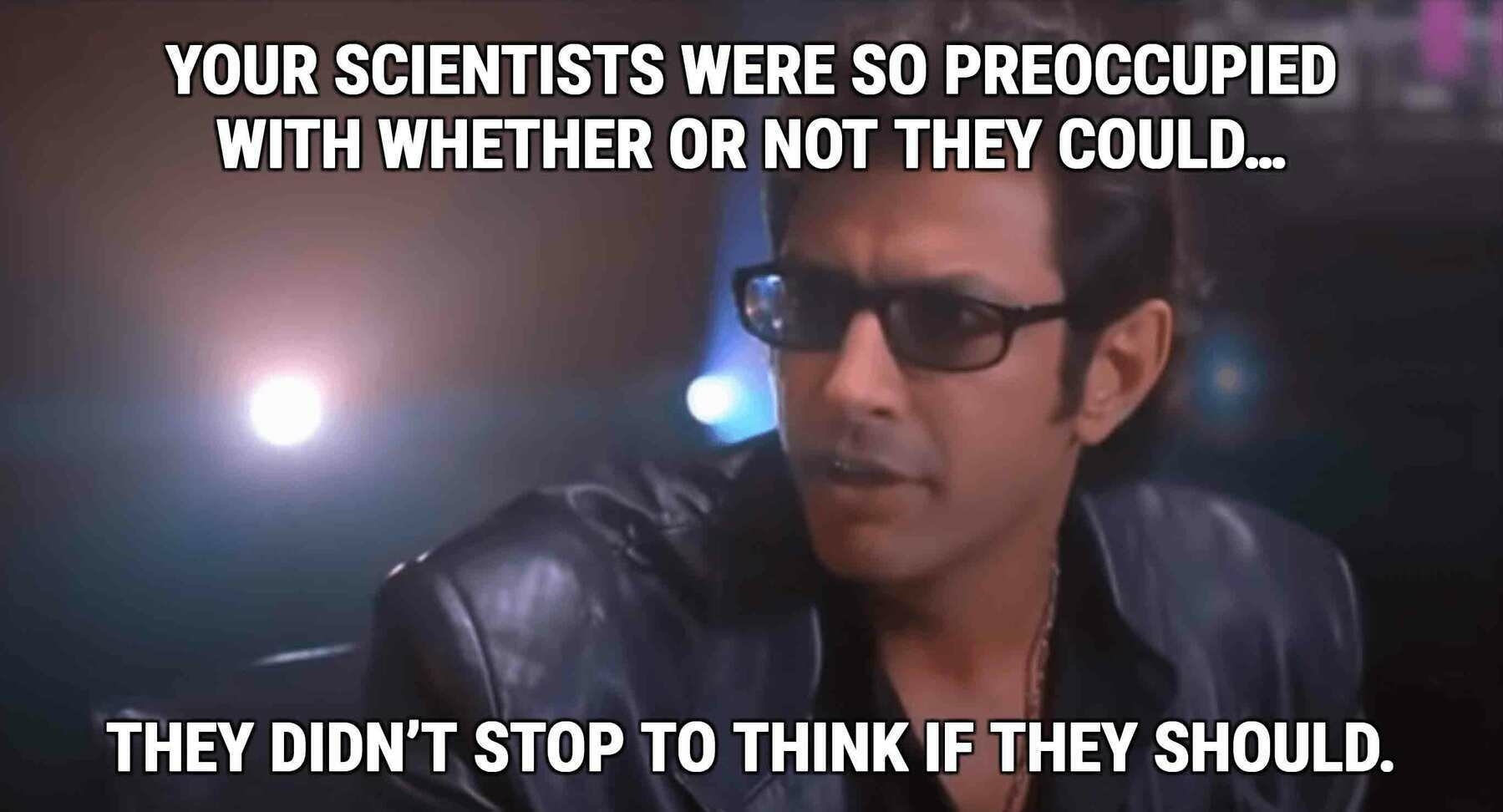📅 September 16 - September 22 | Vote for me, parlour tricks and sketchy Internet behaviour
If you live in the Caribbean or have interests in the region, you’ll know that we’re now past the peak intensity of hurricane season on average. The statistical peak is the 10th of September, and we’re now two weeks past this (on the day this is sent as a newsletter), and the remarkable thing is that, so far, we haven’t experienced much heavy activity with the lead-up to the peak being particularly quiet in the Atlantic. And aside from the major hurricane at the start of the season that devastated several of the Windward islands to the south, it felt like it was an announcement of a very active season, as predicted by the NOAA and other prognostications, the reality has been very different for most of us. So I’m writing this on a Sunday evening as the sun sets to an orange sky with some angry-looking clouds, thinking about how I’m pleased that things have been calm for us so far. But… there’s often a sting in the tail, so I’m not celebrating just yet.
ARIN 54 is fast approaching, and if you’re interested in IP, DNS, and the Internet, it is an excellent free online conference to attend. I’ll be there both days because, as I mentioned, I’m a second-time fellow and on the electoral list for a place on the ARIN Advisory Council. I’d appreciate it if you could add a couple of words of endorsement for my candidature to the site. It’s simple and only takes a few moments, and it goes a long way to helping. Just ensure to take a look at the rules to ensure you comply (they’re nothing onerous, trust me).
I’ve been busy with two main topics this week: project management and document management.
I teach at a couple of local further education establishments on the island, and one of the topics I teach is Project Management for IT projects/Software Development. Last week, I spent far too much time trying to wrestle with a well-known project management SaaS application to abide by basic PM rules. And despite it being sold as a “real” PM product, it is woefully inadequate and allows you to do things like planning a task that needs to start only if another task has been completed BEFORE that task. WTF?
This led to an interesting interaction with ChatGPT by a colleague. The interaction was surprising and got me thinking about human-computer interactions and how we haven’t learned much since the original ELIZA experiment, where a simple computer program simulated human-like conversation through pattern-matching, substitution and crude reflection of language (i.e., repeating the words of the user) to generate an illusion that the user was speaking to a device that ‘understood’ or ‘felt’ the human’s feelings during interaction. Of course, it was nothing of the sort and was only a decent parlour trick. This new generation of LLMs is, similarly, a more elaborate version of the very same parlour trick, and more and more people are falling for it.
So now, I’m starting to see more people uncritically trusting the words statistically regurgitated from a website over those from an experienced expert. This is not good, and no good can come from this. And I’m sure I’m not the first to encounter this, but I fear that this is going to become more prevalent, making discussions with people more complicated, given they’re based on misinformation (incorrect information unintentionally repeated or shared), thus continuing to polarise society. I’m pretty concerned.
On the document management front, I’ve been helping a client consolidate and structure their business documents (the usual stuff, Word, Excel, PDFs, etc) to a SharePoint-based model. Things have been going well despite the self-sabotage that Microsoft seems to do when you’re using its products. The end result will be more flexible, scalable and user-friendly, but getting there is not. When I say self-sabotage, I mean from a technical point of view. To be brief, the documents in question were all stored on OneDrive, and a migration to several SharePoint libraries was necessary to structure the data better, and several libraries were required for data separation between company entities. So OneDrive provides a simple way of moving (or copying) data to SharePoint Libraries (and Teams), but it doesn’t expose the paths to all your libraries, only a couple of them. That is, you cannot directly select where you want the data to go unless it happens to be one of the libraries listed that (for the life of me) I don’t understand which ones get listed on which do not. The workaround is dumb, but it works. You have to open the library in SharePoint or in Teams, then create a shortcut to that library in your OneDrive. Only then can you copy data through the shortcut from OneDrive. Way to go Microsoft, let’s make it simple. 🤦♂️
Reading
One popular topic that seems to have been displaced by everything AI is Quantum Computing. While not ready for general use, much work is being done behind the scenes in universities like Sherbrooke in Québec, Canada. Le Monde profiled the lab in an interesting article recently. A nice place to study, apparently (a close friend of mine studied there).
I’ll leave it up to you to judge this, but a major Hollywood company, Lionsgate, has sold its catalog to Runway, enabling it (it is hoping) to remove all creative staff from its payroll. There’s an argument for this being determined as immoral. If you’re unfamiliar, Runway is an AI startup with the byline “Tools for human imagination”. I’m guessing imagination means, “Imagine all the money you can keep by getting rid of those pesky employees and their need to eat, live and breathe.”
Let me ask you a simple question. How many domain names do you think it is legitimate for an organisation to possess? 1? 10? Maybe even 30 or 40, that wouldn’t seem odd to me and wouldn’t spark any concerns. Meta (née Facebook) has TWO THOUSAND THREE HUNDRED AND FIFTY NINE known domains. KNOWN DOMAINS. Yeah, that’s not shady at all! For reference, it has four main products: Facebook, Instagram, Threads and Quest. Why so many domains? Sneaky skirting of detection for fraudulent advertising is why. Just look at the list yourself to see it clearly.
Last week, I wrote about a weird billionaire who got his pet social media company banned in Brazil. Refusing to do so, then climbing down in the face of the rule of law (despite bleating to the world that he’d “never” do such things, all the while doing exactly that in other territories), implementing a workaround to bring it back online illegally, irking Brazilian regulators even more, then climbing down once more, and implementing what had been initially asked for, i.e., legal representation in the country and the removal of a couple of provable disinformation tweets. I keep asking myself the same question when it comes to tech billionaires, what the fuck is wrong with these people? Rest of World has a good background article.
I’m not quite sure what to make of this yet, but I thought it would be right to share: The disturbing impact of exposure to 8 minutes of TikTok videos revealed in new study. To ensure my sharing of this is not taken the wrong way, I’m not on board with the moral panic about social media and apps like TikTok, and the holier-than-thou attitudes of some are nothing more than contemptible. Please read the article with an open mind and take the time to read the study.
Lastly, if this wasn’t depressing enough as a newsletter issue 😀, this short article is absolutely worth your time: “The Department of Energy Wants You to Know Your Conservation Efforts Are Making a Difference” from McSweeney’s Internet Tendency. Thank you for all your efforts.
If you’re interested, I’ll be speaking at the second Caribbean IIC meeting this coming Thursday. It’s free to attend, and you don’t have to be a member to register. The roundtable is entitled “AI Ethics & Governance, Cybersecurity, and Data” and I’ll be on a panel discussing AI Ethics and Governance. Mostly.
A human produces this newsletter —admittedly, poorly— but completely free from a parlour-trick algorithm. Have a great week.

